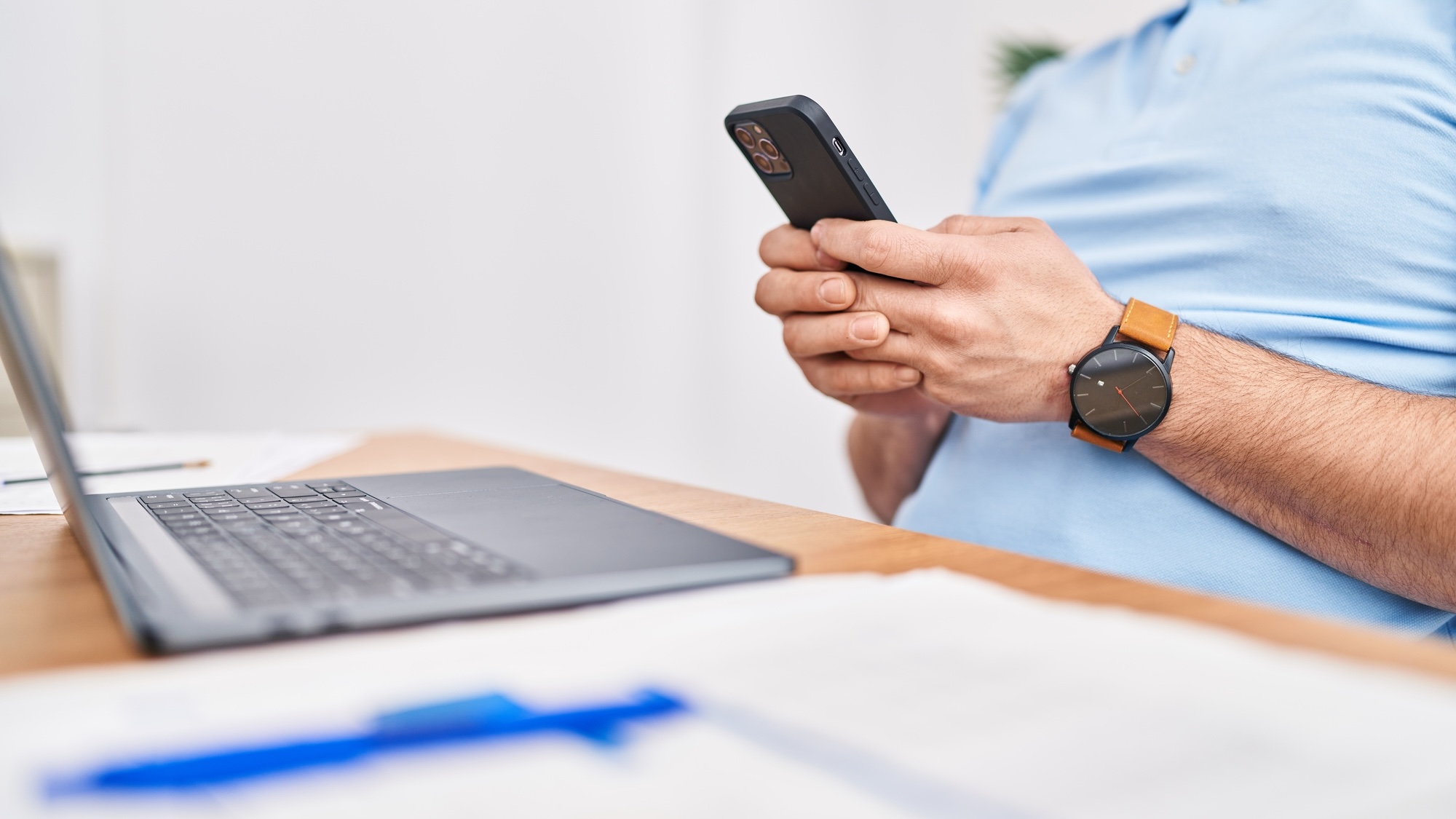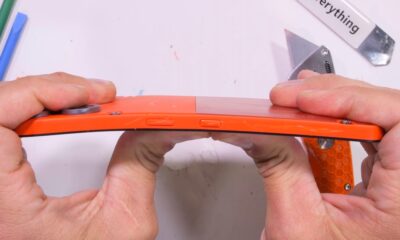Gadgets
Sorry, hiding your phone won’t stop your procrastination

Workday procrastination may not be solved by simply leaving your phone in a desk drawer, as new research suggests that distractions are still likely to occur. According to a study by researchers at the London School of Economics, the issue lies not in our electronic devices themselves, but in how our usage of gadgets has fundamentally altered our brains.
Maxi Heitmayer, co-author of a study published in Frontiers in Computer Science on March 27, emphasized that the problem is not the smartphone itself but rather our actions and the apps that create and reinforce our habits. Heitmayer aims to move the conversation beyond focusing solely on devices.
To explore these interconnected issues, Heitmayer and colleagues conducted a study with 22 volunteers aged 22–31. The participants were asked to spend two five-hour work shifts in a private room, bringing their electronic devices with them. The researchers observed the frequency and duration of distractions on their phones and computers without altering notification settings.
The findings revealed that while participants looked at their phones less when placed further away, they compensated by increasing screen time on their computers. Regardless of the device used, individuals spent an average of 3.5 hours on work-related tasks compared to 1.3 hours on leisure activities.
Heitmayer highlighted that the root of the problem lies in the habits and routines we have developed with our devices, rather than the devices themselves. The addictive nature of apps and social media platforms can influence neural pathways and overall well-being, impacting not just how often but why we use these devices.
Addressing the ongoing distraction dilemma requires a multifaceted approach, including personal strategies like setting automated routines to limit notifications and being mindful of device usage. Heitmayer also stressed the need for better regulation of app and device makers, especially concerning younger users.
In conclusion, while electronic devices offer numerous benefits, managing their impact on productivity and well-being remains a significant challenge. It is essential to acknowledge and address the addictive nature of technology to foster a healthier relationship with our devices.
Please rewrite this sentence.
-

 Destination8 months ago
Destination8 months agoSingapore Airlines CEO set to join board of Air India, BA News, BA
-

 Breaking News10 months ago
Breaking News10 months agoCroatia to reintroduce compulsory military draft as regional tensions soar
-

 Gadgets3 months ago
Gadgets3 months agoSupernatural Season 16 Revival News, Cast, Plot and Release Date
-

 Tech News12 months ago
Tech News12 months agoBangladeshi police agents accused of selling citizens’ personal information on Telegram
-

 Productivity11 months ago
Productivity11 months agoHow Your Contact Center Can Become A Customer Engagement Center
-

 Gadgets3 weeks ago
Gadgets3 weeks agoFallout Season 2 Potential Release Date, Cast, Plot and News
-

 Breaking News10 months ago
Breaking News10 months agoBangladesh crisis: Refaat Ahmed sworn in as Bangladesh’s new chief justice
-

 Toys12 months ago
Toys12 months ago15 of the Best Trike & Tricycles Mums Recommend





















